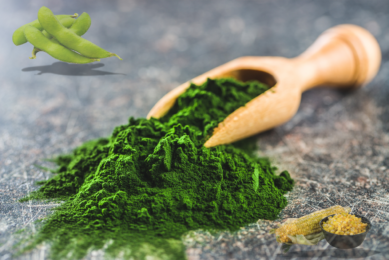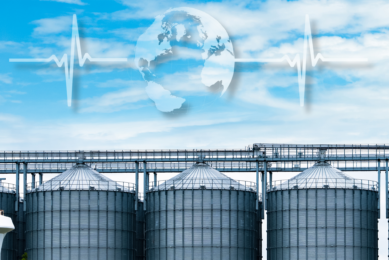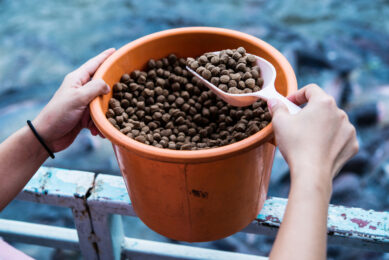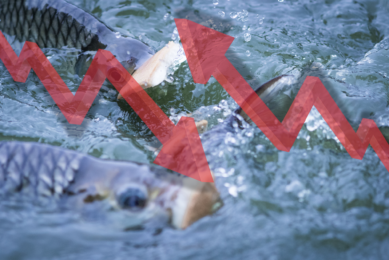Seafood producer receives Special Recognition Award
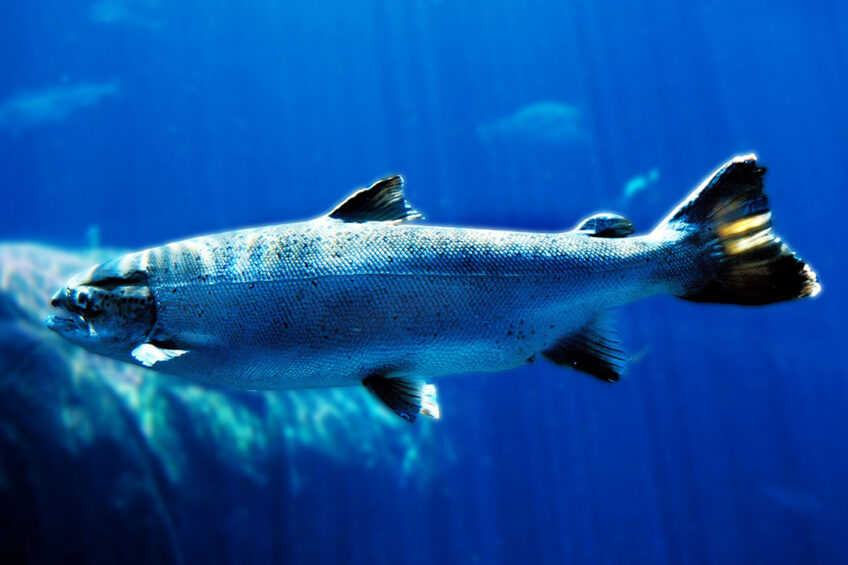
The globe’s largest producer of Atlantic salmon has received a Special Recognition Award in this year’s Good Farm Animal Welfare Awards, run by Compassion in World Farming.
While improvements in fish welfare are generally seen as lagging behind those for terrestrial animals, due to less recognition of fish sentience, Mowi ASA has become the first producer to make global welfare commitments on the rearing and slaughter of Atlantic salmon.
Humanely slaughtered
MOWI uses a stun-kill percussion system, meeting Compassion’s recommendation, for 100% of their salmon from all of their farm sites, and across all countries, to ensure they are humanely killed.
Awareness of the sentience of fish and of the welfare issues relating to fish farming is relatively new compared to other farmed animals…
Free from confinement stocking density policy
Compassion recommends a stocking density volume of an average of 10kg/cubic metres or less and Mowi has become the first producers to commit to a global “free from confinement” stocking density policy for Atlantic Salmon. The company tracks stocking densities across all sites and countries and their seawater sites have an average monthly standing stocking density of approximately 8kg/cubic metres. This is significantly lowers than the maximum permitted stocking density of 25kg/cubic metres allowed in sea pens – providing the fish with more space to swim.
Mowi has also made several other global commitments covering:
Sufficient environmental enrichment in pens
No routine mutilations
No use of genetic engineering or growth promoters
Create a welfare ripple effect through supply chain
As well as encouraging other businesses to follow suit, Compassion hopes that Mowi’s new policy could be used to encourage certification schemes to fill gaps in their welfare recommendations. In addition, any food businesses supplied by Mowi including retailers and distributors or processors can adopt these recommendations in their own policies, creating a positive “ripple effect” through the supply chain.
By recognising the importance of fish sentience, Mowi has implemented several other husbandry standards directed towards the welfare and well-being of our fish…
Transparency of supply chain
The company has also implemented a QR tracking system for farmed salmon, which improvs the transparency of their own supply chain. Their traceability platform collects data from different production and supply chain systems where the salmon are raised. The data is then harmonised and structured so that for every Mowi salmon produced there is a single, searchable data source including detailed information such as:
Where and when the salmon/roe are hatched
What freshwater facility the salmon was in and how long was it there
What sea site the salmon was raised on
How the salmon was processed when harvested
QR code tracing lifecycle
By integrating MOWI’s supply chain systems with its printing processes, every single pack of Mowi salmon is scannable by consumers via smartphone to the QR cod, tracing the full lifecycle of the fish.
Dr Gordon Ritchie, group manager fish health and welfare for Mowi ASA, said the company’s humane slaughter of fish using percussive stunning was applied to all of its ocean reared salmon, harvested on an annual basis.
“By recognising the importance of fish sentience, Mowi has implemented several other husbandry standards directed towards the welfare and well-being of our fish. As the largest producer of ocean reared salmon, it is our responsibility to develop industry leading standards on welfare and sustainable practices and to make continuous improvements, all underpinned by investment in robust research and development by dedicated teams across the entire value chain.”
Dr Tracey Jones, global director of food business at Compassion, said: “Awareness of the sentience of fish and of the welfare issues relating to fish farming is relatively new compared to other farmed animals but getting such as big player as Mowi on board, and actively making changes to their policies, is a big step forward in achieving wider recognition of the need to improve the plight of farmed fish.”




